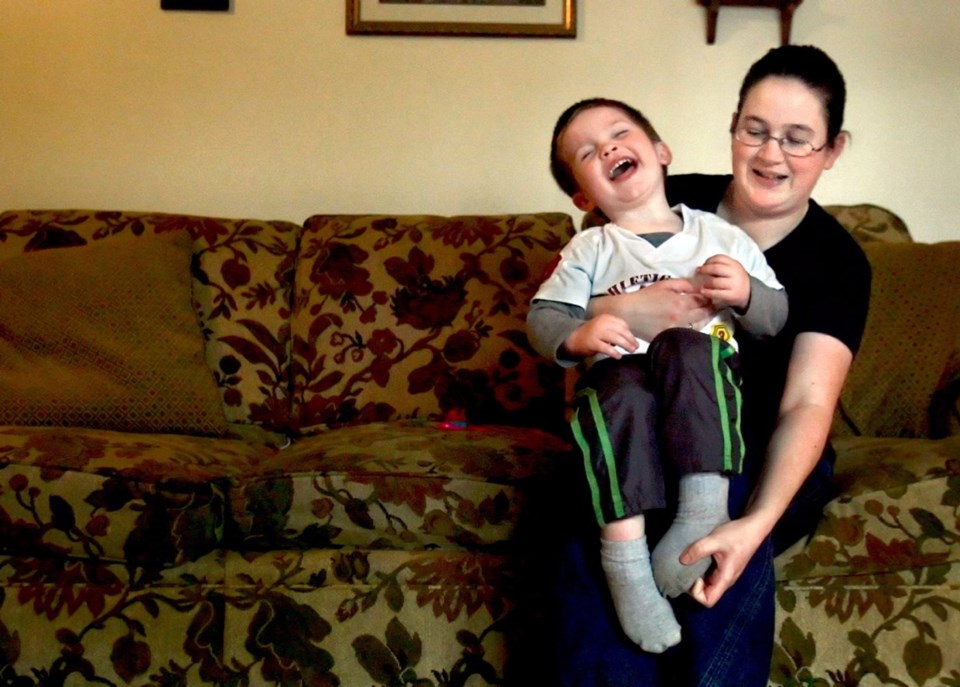I have no teenagers yet, so I have no business giving advice on how to discuss with your teens the alleged gang rape and criminal harassment of 15-year-old Rehtaeh Parsons, nor the Nova Scotia girl’s suicide two years later.
I won’t be instructing you on how to rape-proof your daughters, nor will I be telling you how to approach the topic of consent and sexual activity with your sons.
Other writers with more experience and expertise have been writing about that for the past two weeks, and I have been reading them and taking notes for when my own kids reach puberty.
But after spending the past two weeks swinging between tears and rage for Rehtaeh and her family, I have a few thoughts about what parents with younger children can be doing.
We need to start practising what we preach with our little ones.
We have to listen to them when they say no. And too many of us, myself sometimes included, don’t.
Think about how often children, especially younger children, are touched without their permission.
An acquaintance asked to hold your six-month-old, and you hand her over, even as baby squirms away from the stranger and calls “Ma!”
Your sister comes to visit, and you insist your child gives auntie a hug and kiss, even as the toddler hides behind your legs.
You and your school-age child are tickling each other and you ignore her as she cries “Stop!” in between gales of laughter. She’s laughing, right? She must like it.
That last one is from my own childhood. People always tickled me, and I always laughed, even as I screamed for them to stop. Tickling hurt, and the laughter was involuntary.
Children live what they learn, the old saying goes. When they learn that big people can touch them even after they say no, why are we surprised when they do the same thing when they are big?
I’m not saying any child who is tickled and kissed and squeezed when they don’t want to be will turn out to be a person who may rape or hurt another person.
I am saying it introduces the concept of might is right. Bigger people can force their will on smaller people for their own good reasons.
It’s easy to justify this, as the bigger person. “That baby was so cute; I just had to hold her.” “But I’m your aunt!” “Come on, stop crying; that tickle fight was fun. You’re ruining it!”
These excuses deny the smaller person’s right to feel differently about the situation.
In essence, we deny their equal humanity.
In the teen years, boys often become much bigger than girls, very suddenly: boys in the bodies of men. My high school boyfriends often topped me by a foot and 50 pounds.
They were the bigger people, and it was no longer about tickling.
When my husband and I began our family, this idea that a child owns his body and has a right to make decisions about it was a focus for me.
We are not perfect; we slip sometimes. But our kids are quick to point it out and say, “I said no, and this is my body!”
Accepting a child has a right to say no can make some situations more complicated. You have to think about where your rights as the parent begin, and where they end.
You have to consult with your child when you’d rather not. And you have to explain when you make decisions about their medical care and bodily health that go against what they may want to do.
I hope we are instilling in our sons and daughters not only that they own their body, but that other people own their bodies — and there’s no reason or excuse good enough to do something hurtful to another person that they would not want done to them in the same circumstance.



